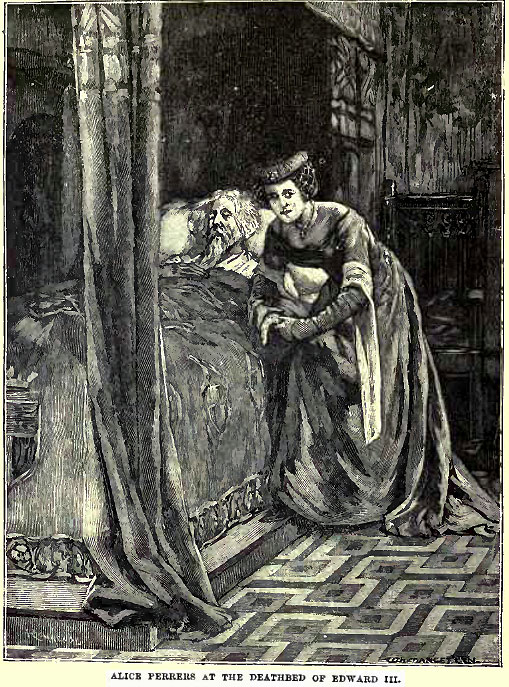FWP:
SETS == DIALOGUE
SPEAKING: {14,4}
This is one of the many verses in which speech itself is spoken about, often paradoxically (there's no strength for guftār , but then there's the speech proposed by kahye ).
Here, the dialogue in the second line might be with some sympathetic friend, or even with the beloved herself. In that case, the situation is like that of {52,1}: the beloved has come, but 'at what a time!'-- when it's entirely too late. With what expectation [umīd] would anyone now even bother asking him, 'What's your longing?' (2a). There could be none, of course, since it's doubly too late: he can't talk, and even if he could, he can't live long enough for any such longing to be satisfied (even if anybody wanted to satisfy it, which is by no means clear).
An alternative possibility is that he might simply be talking
to himself, contemplating his own situation. Not only is he too weak for speech,
but he's also in a state of despair: there's no hope [umīd]
left of any satisfaction, so even if he could speak, why would he bother to
put his hopeless longing into words? (2b).

Nazm:
Woe to the self-restraint!-- that in a state of longing I was finished off, so that not even the strength for speech remained, but I never emitted a single syllable of ardor from my lips. Alas, the despair!-- which turned the expression of desire into blood, and permitted it to remain within the heart. (202)
== Nazm page 202